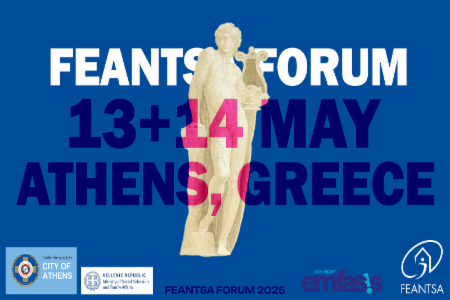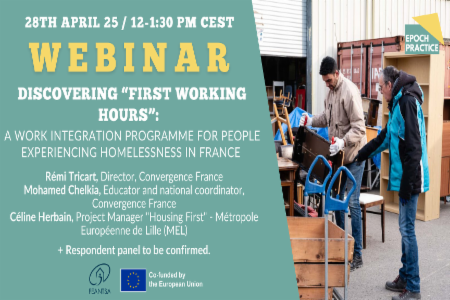This is a summary of what has taken place in Hungary since rough sleeping was officially criminalised on 15 October.
Click here for a detailed description of what has happened in Hungary regarding the criminalisation of rough sleeping.
The Kaposvár County Court in Hungary has suspended judgment in a case of rough sleeping and initiated an individual norm control from the Constitutional Court. The County Court claims that the new law on Petty Crime in unconstitutional as it stands in opposition to
- the values of helping the poor and needy defined by the Constitution,
- the definition of the Rule of Law (defined by the Constitution),
- the ban on restricting basic rights,
- the equality before the law,
- the need for a fair trial,
- and the need for the right to appeal.
If the Constitutional Court decides in favour of this appeal, all previous rulings according to the new law on Petty Crime shall be reviewed.
Arrests and trials:
- The first arrest was made in a small town, Gödöll?, about 35 km east from Budapest. The police asked for a 30-day prison sentence, but the court decided to opt for a warning instead. However, the homeless man has to pay about 60 euros worth of the costs of the procedure (in this video the local mayor broadcasts an interview with the leader of the shelter saying that there are free places in the shelter, the day centre and the shelter are open 24/7, but this man couldn't live according to rules, even though he got lunch as well! They proudly show the building (the bathroom only actually) which has warm running water, shower, etc. The mayor says that he stayed in a dormitory during university which was about the same and he interviews a man who has been living here for 6 years. The mayor agrees with the new law, although he thinks it is not hard enough - he asks people not to give food or money to homeless people, and not to tolerate them in public spaces as they might be dirty and who would want to use a bench after a homeless person...)
- Two people were arrested in the 11th district of Budapest: a 62-year-old widow who has become homeless after the death of her partner 5 months earlier, and a middle-aged man with visibly bad health. The dog of the lady has been confiscated and taken to an animal shelter. She couldn't attend her own trial, had to stay in prison, and was broadcasted through a monitor. Her defence lawyer asked for her to be brought to meet the judge in person, but was denied. A local habitant, also tried to give evidence in favour of the lady, and was denied. She was found guilty of sleeping rough, but as she hasn't been arrested before, and wad cooperative, got away with a warning. She is going to appeal the decision, as she 'doesn't feel she has done anything wrong'. She also said she would try to stay at a friends'. The man arrested last week and released and has not been warned since (four days).
- A middle-aged homeless man was arrested in Pécs (a town with 150 000 inhabitants in the south of Hungary). He has been acquitted, as the judge thought the new law needed to be more precise. However, she agrees with the spirit of law, though she thinks it was created to solve the crisis in Budapest only.
- No homeless person has been arrested in Szeged (Hungary's third largest towns with 160 000 inhabitants) since October 15th. However, they interviewed several homeless people who had been sentenced to prison after the accumulation of fines for petty misdimeanors like drinking alcohol in public or being loud (1600-3200 euros). The homeless man also says that there are much more people sleeping rough than there are places altogether in shelters in the town, but they have not felt any pressure yet.
- 8 huts in the Határ út forest were destroyed without notice during the past long weekend in Hungary (October 20-23). All the belongings of the homeless people (15 people) were destroyed with no warning. Habitants describe the events: they went to the soup kitchen for lunch, and when they got back, they saw that all their belongings and huts, tents had been destroyed. They claim that neither the police nor other officials warned them about this. The couple talking say that they had slept at shelters before, but they were full of people and bugs (cockroaches and bedbugs) and decided to camp outdoors instead. Now they are on a waiting list to a shelter but have to wait to get a place there.
Zoltán Aknai, director of Menhely has also written a summary from the service provider's point of view, which you can read here.





